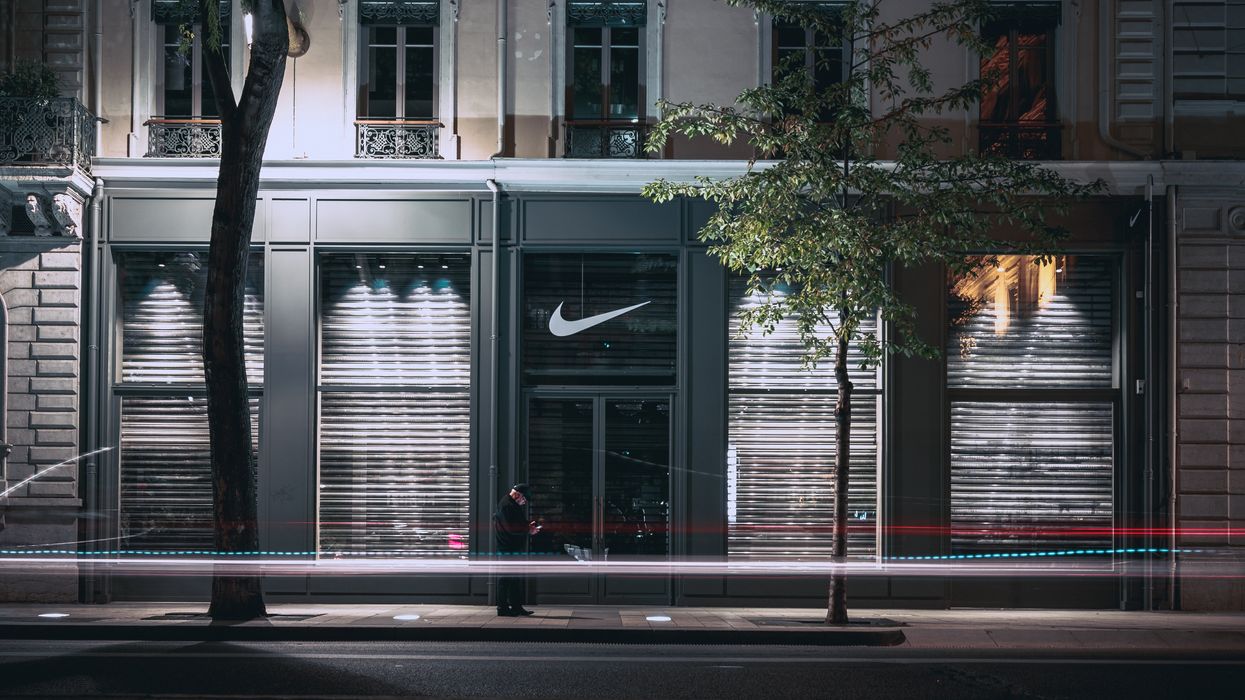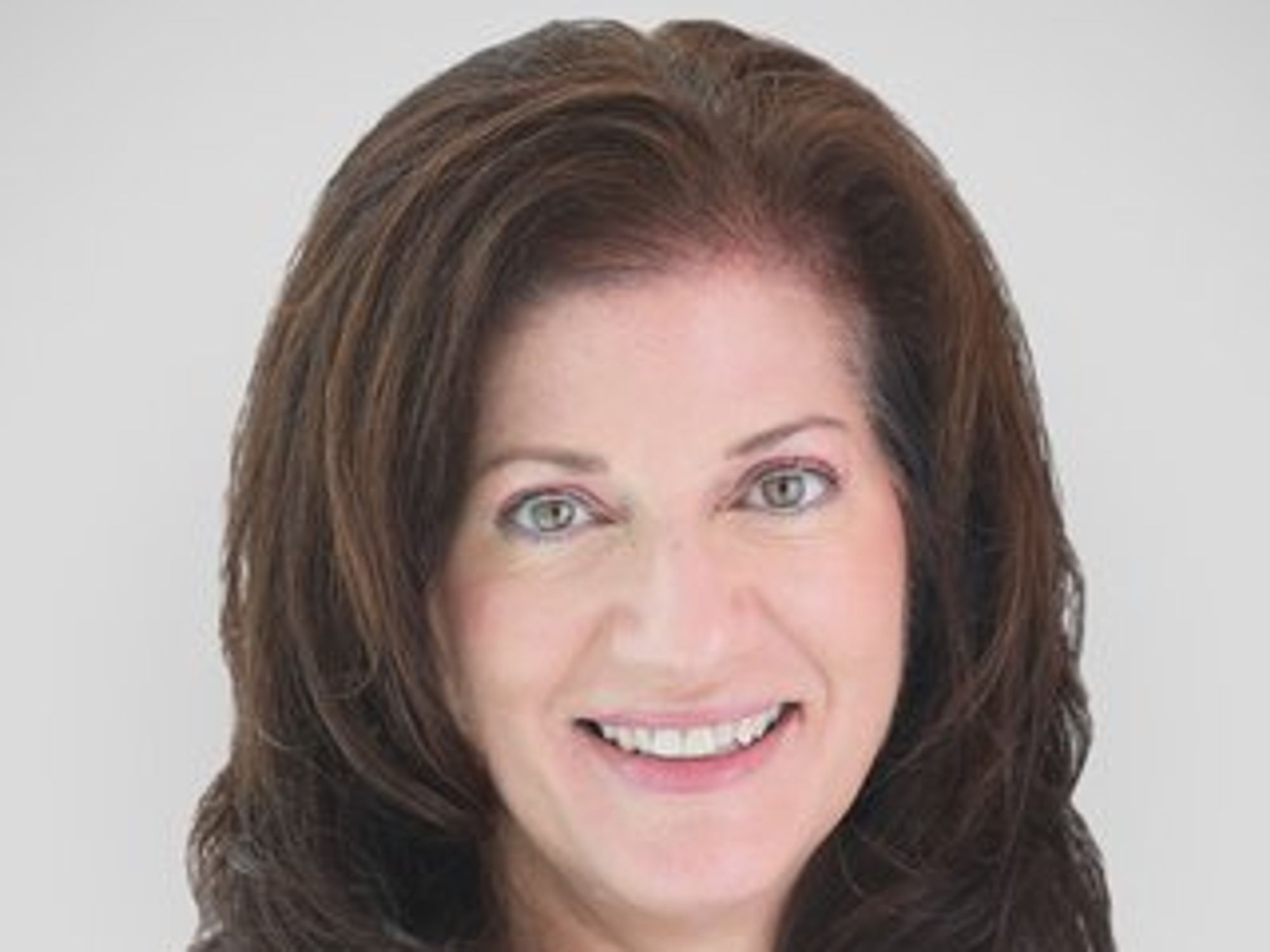Careers
14 March 2023
Nike shifts digital leaders; Glossier levels up the C-suite
On the Move has updates from Allbirds, Stitch Fix, GrubHub and PVH Corp.

Photo by Thomas Serer on Unsplash
On the Move has updates from Allbirds, Stitch Fix, GrubHub and PVH Corp.

Welcome to On the Move. Every week, The Current is rounding up the comings and goings of leaders at brands and retailers across the ecommerce, retail and CPG landscape.
This week, key executive roles at GrubHub, Nike and Gap. Inc. are seeing change, while CFO seats continue to shuffle across retail and consumer goods. Plus, PVH Corp. is welcoming a communications chief as it advances digital commerce.
Adam Dewitt is stepping down as CEO of GrubHub. A cofounder of the online delivery platform, Dewitt served in key leadership roles over 11 years, and rose to the CEO role in 2021 following the company’s acquisition by Just Eat Takeaway.
With the move, Howard Migdal will assume the CEO role in May. Migdal is currently CEO of Just Eat Takeaway Canadian subsidiary SkipTheDishes. In turn, SkipTheDishes SVP of Growth and Restaurant Success was appointed interim CEO of SkipTheDishes.
With its most recent earnings report, Gap Inc. announced that a pair of executives will be leaving the company. They are as follows:
The moves come as Gap pursues cost savings by “increasing spans of control and decreasing management layers to improve quality and speed of decision making, as well as creating a consistent organizational structure across all four brands focused on elevating its product and customer experience across all channels,” the company reported. For fiscal year 2022, Gap reported a net sales decline of 6% year-over-year, and an adjusted net loss of $145 million.
Nike made a series of leadership moves in support of its digitally-focused strategy, called Consumer Direct Acceleration. The appointments are as follows:

Carrie Anderson. (Courtesy photo)
Campbell Soup Company’s recent earnings call had a new voice on the line. Carrie Anderson joined the CPG as chief financial officer on Feb. 6.
Anderson was previously CFO of medical technology company Integra LifeSciences, and also spent seven years with the Dover Corporation.
Anderson succeeded Mick Beekhuizen, who moved to the role of president of meals and beverages at Campbell’s in November.
On the heels of entering Sephora stores, beauty brand Glossier announced a series of promotions and hires in the C-suite. The moves are as follows:
Dan Jedda will be joining Roku as chief financial officer in May. With the move, Jedda will be leaving Stitch Fix as chief financial officer in April. He joined Stitch Fix in 2020, and previously spent 15 years at Amazon.
Jedda will be succeeded by David Aufderhaar, who is currently SVP of Finance at the company.
The move comes on the heels of founder Katrina Lake stepping back into the CEO role of the company, and announcing that the company will refocus on personalized styling, as opposed to diversifying into areas that allowed consumers to select items one at a time. Stitch Fix reported a net revenue decrease of 20% year-over-year for the most recent quarter.
Annie Mitchell will become chief financial officer of Allbirds, effective April 24.
Mitchell is set to join the footwear brand from Gymshark, where she served as VP of finance and insights. She previously served as CFO for adidas North America as part of a 10-year stint at the apparel company.
With the move, Mike Bufano is stepping down as CFO of the company. Leaders said he was a key part of the company’s 2021 IPO. Bufano will remain with the company through mid-May amid the transition.

Amber (McCasland) McCann is joining PVH Corp. as EVP and chief communications officer.
McCann comes to the Tommy Hilfiger and Calvin Klein parent from Poshmark, where she served as VP of global brand and communications through its 2021 IPO and recent acquisition by Korean internet giant Naver. She previously spent 10 years at Levi Strauss & Co.
The appointment comes as PVH is undergoing a transformation strategy, called PVH+, that is designed to elevate digital commerce and center the consumer.
Campbell Soup Company CEO Mark Clouse offered thoughts on messaging amid inflationary shifts in consumer behavior.
After months of elevated inflation and interest rate hikes that have the potential to cool demand, consumers are showing more signs of shifting behavior.
It’s showing up in retail sales data, but there’s also evidence in the observations of the brands responsible for grocery store staples.
The latest example came this week from Campbell Soup Company. CEO Mark Clouse told analysts that the consumer continues to be “resilient” despite continued price increases on food, but found that “consumers are beginning to feel that pressure” as time goes on.
This shows up in the categories they are buying. Overall, Clouse said Campbell sees a shift toward shelf-stable items, and away from more expensive prepared foods.
There is also change in when they make purchases. People are buying more at the beginning of the month. That’s because they are stretching paychecks as long as possible.
These shifts change how the company is communicating with consumers.
Clouse said the changes in behavior are an opportunity to “focus on value within our messaging without necessarily having to chase pricing all the way down.”
“No question that it's important that we protect affordability and that we make that relevant in the categories that we're in," Clouse said. "But I also think there's a lot of ways to frame value in different ways, right?”
A meal cooked with condensed soup may be cheaper than picking up a frozen item or ordering out. Consumers just need a reminder. Even within Campbell’s own portfolio, the company can elevate brands that have more value now, even if they may not always get the limelight.
The open question is whether the shift in behavior will begin to show up in the results of the companies that have raised prices. Campbell’s overall net sales grew 5% for the quarter ended April 30, while gross profit margins held steady around 30%. But the category-level results were more uneven. U.S. soup sales declined 11%, though the company said that was owed to comparisons with the quarter when supply chains reopened a year ago and expressed confidence that the category is seeing a longer-term resurgence as more people cook at home following the pandemic. Snacks, which includes Goldfish and Pepperidge Farm, were up 12% And while net sales increased overall, the amount of products people are buying is declining. Volumes were down 7%.
These are trends happening across the grocery store. Campbell is continuing to compete. It is leading with iconic brands, and a host of different ways to consume them. It is following that up with innovation that makes the products stand out. Then, it is driving home messaging that shows consumers how to fit the products into their lives, and even their tightening spending plans.
Campbell Soup is more than 150 years old, and has seen plenty of difficult economic environments. It is also a different business today, and will continue to evolve. At the end of the day, continued execution is what’s required.
“If it's good food, people are going to buy it, especially if it's a great value,” Clouse said.